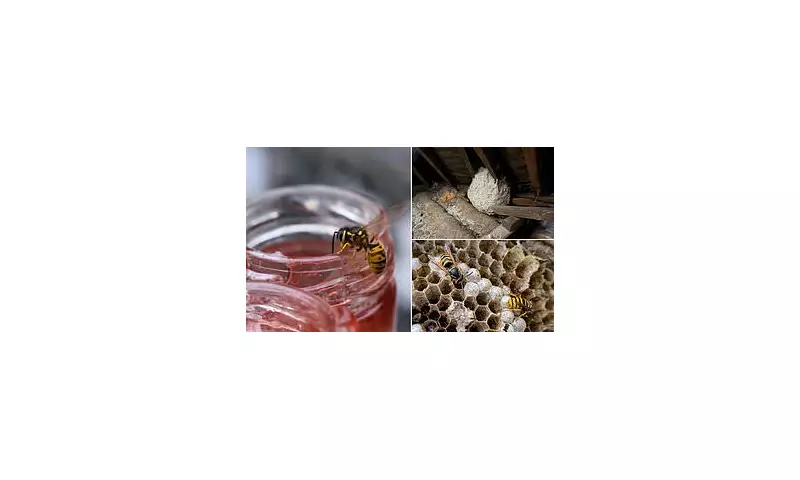
As the late summer sun warms our gardens, a familiar and unwelcome guest often arrives: the aggressive wasp. If you've found yourself swatting away more of these striped invaders this month, you're not alone. Their notably more irritable behaviour in September is not a myth—it's a matter of biological necessity.
The Science Behind the September Surge
According to entomologists, this annual spike in wasp aggression is directly linked to their life cycle. During spring and early summer, worker wasps are busy hunting insects to feed the developing larvae in the nest. This protein-rich diet is crucial for the colony's growth.
However, by late summer, the queen stops laying eggs. The colony's social structure begins to collapse, and the worker wasps' role changes dramatically. With no larvae to feed, they lose their primary purpose and their main source of food.
From Helpful Hunters to Sugary Scavengers
This is where the problem for humans begins. "The workers are made redundant," explains one expert. "They are thrown out of employment and are literally drunk on the fermenting fruits of autumn."
Desperate for a sugary fix, these unemployed wasps become obsessed with our picnics, pints of beer, and soft drinks. Their quest for sugar makes them bold, persistent, and more likely to sting if they feel threatened.
Effective Strategies to Deter Wasps Humanely
Fear not, for there are simple, effective ways to protect your outdoor activities:
- Decoy Tactics: Setting up a fake wasp nest can deter new colonies from moving in, as wasps are highly territorial.
- Distraction Techniques: Place a bowl of sugary water or overripe fruit far away from your seating area. This provides them with an alternative food source.
- Cover Up: Keep food and drinks covered until you are ready to consume them. Use lids on drinks cans to prevent wasps from crawling inside.
- Stay Calm: Avoid swatting or making sudden movements, as this can provoke a defensive sting.
Remember, wasps play a vital role in the ecosystem by controlling other pest populations. These methods allow you to manage them humanely without resorting to harmful chemicals.





